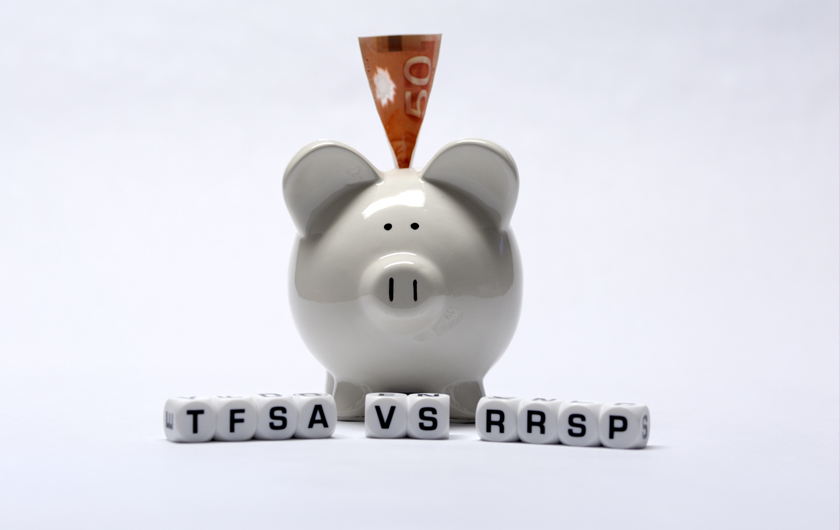Intended to help low-income seniors in retirement, Tax-Free Savings Accounts may not be well understood, experts say
By Jennifer Hughes
Photo: iStock/TonyIaniro.
When Tax-Free Savings Accounts (TFSAs) were introduced in 2009, they were intended largely to help low-income seniors in their retirement. However, according to the Institute for Research on Public Policy, many of those whom TFSAs were designed to assist are instead contributing to a Registered Retirement Savings Plan (RRSP) to fund their retirement, perhaps because RRSPs, which have been around for more than 50 years, are better known.
In a paper released in April 2019, the Institute called for increased public education and tweaks to the tax code.
The main benefit of a RRSP is that money contributed to one isn’t taxable, so contributing lowers one’s taxable income. The problem is that when the time comes to withdraw savings from an RRSP, the amount withdrawn becomes taxable. The system works well for someone with a high income—he or she will pay less tax while working and, because he or she will be earning less in retirement, RRSP withdrawals will be subject to less tax than the money would have been in the year it was contributed. But a low-income retiree withdrawing money from an RRSP will not only pay tax on it but also reduce the amount of his or her government benefits.
On the other hand, while contributions to a TFSA aren’t tax deductible, all the interest earned within it is tax-free and withdrawals don’t count as income and are not taxable. Moreover, since they don’t count as income, withdrawals from a TFSA won’t affect one’s eligibility for income-tested benefits such as the Guaranteed Income Supplement (GIS) and Old Age Security (OAS). (Once income exceeds a given maximum, benefits are “clawed back” at a rate of 50 cents for each dollar above the maximum. RRSP withdrawals can trigger the claw back; TFSA withdrawals don’t.)
“If they have an RRSP,” the Institute’s paper explains, “low-income seniors pay income tax on their withdrawals from the plan and also have their GIS benefits clawed back—and possibly other income-tested benefits, as well. In other words, RRSP savings serve little effective purpose for low-income retirees because nearly all their registered savings are clawed back directly through taxes and indirectly through benefit reductions.”
Because of this, many low-income seniors would be wise to cash out their RRSPs around the age of 65 and move those funds to a TFSA. If you expect to have a low income in retirement and have an RRSP and no TFSA, you might want to discuss a TFSA with a financial advisor.





